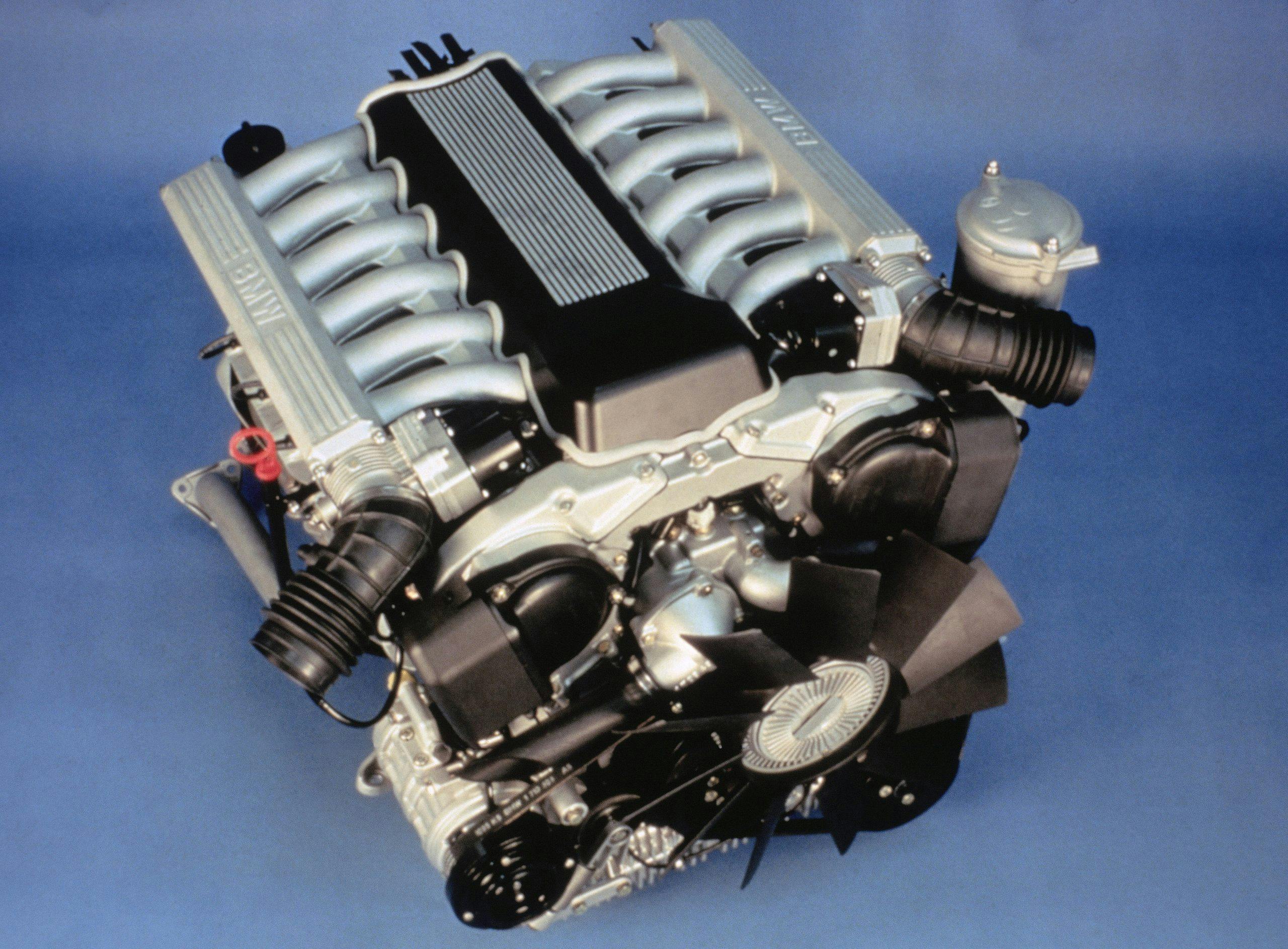Revealing the Intricacies of Next-Generation Power Units: a Deep Study Advanced Engine Technologies and layouts
As we stand on the precipice of a new age in transportation, the complexities of next-generation engine layouts bid us to explore the cutting-edge innovations and developments that assure to redefine the driving experience. Digging deeper into the worlds of emission control, smart engine management systems, and the perspective of power system growth, we find ourselves on the cusp of an improvement that promises to improve the landscape of flexibility as we know it.
Development of Engine Products

The shift towards advanced engine materials has additionally allowed engineers to make engines with greater power results while preserving fuel effectiveness criteria. The usage of light-weight products minimizes the overall weight of the engine, leading to enhanced fuel economic climate and lower emissions. Additionally, innovations in materials modern technology have actually enabled better thermal administration within engines, leading to boosted dependability and durability.
Turbocharging and Supercharging Technologies
How do Turbocharging and Supercharging Technologies reinvent engine efficiency and effectiveness in modern lorries? Supercharging and turbocharging are technologies that dramatically improve engine performance by boosting the amount of air intake right into the combustion chamber. Turbocharging attains this by using a turbine driven by exhaust gases to pressurize the consumption air, while supercharging utilizes a belt- or chain-driven compressor to attain the exact same result.
These technologies enable smaller, a lot more fuel-efficient engines to produce power equal to larger ones, recognized as downsizing. Forcibly more air right into the cylinders, turbo charging and turbocharging enhance burning efficiency, causing enhanced horse power and torque output without a considerable rise in engine size. This leads to much better velocity, hauling capability, and total driving performance.
Moreover, turbocharging and turbo charging contribute to enhanced gas performance by permitting the use of smaller sized engines that consume less gas under regular driving problems - bmw engine. This combination of improved efficiency and performance has made turbocharging and supercharging indispensable elements of several modern engine designs
Discharge Control and Environmental Effect
With raising global worries regarding air quality and ecological sustainability, the application of emission control technologies in cars plays an essential function in minimizing hazardous contaminants released into the environment. Modern cars are furnished with innovative exhaust control systems that aid minimize the environmental influence of automotive procedures. Catalytic converters, as an example, are designed to transform poisonous gases such as carbon monoxide gas, nitrogen oxides, and hydrocarbons right into much less damaging materials like co2 and water vapor.
In addition, advancements in engine technology, such as the assimilation of exhaust gas recirculation systems and careful catalytic reduction, have dramatically added to reducing discharges. These modern technologies operate in tandem to maximize burning efficiency and reduce the release of harmful toxins right into the air. Additionally, the development of hybrid and electric vehicles stands for a vital step towards minimizing the general ecological impact of the transportation industry.
Intelligent Engine Management Systems

Additionally, these systems enable automobiles to meet rigorous discharges requirements without endangering performance, giving a much more eco friendly driving experience. The assimilation of fabricated intelligence and artificial intelligence capacities in engine administration systems remains to push the borders of what is feasible, resulting news in further enhancements in performance, integrity, and total car efficiency. bmw engine. As automotive technology advancements, smart engine monitoring systems will play a crucial function in forming the future of transport towards a more lasting and efficient instructions
Future Trends in Power Device Development
As intelligent engine monitoring systems lead the means for improved control and optimization in contemporary automobiles, future patterns in power system development are poised to redefine the landscape of auto propulsion modern technologies. These different power resources use enhanced effectiveness and performance while straightening with strict environmental policies.
Another substantial fad is the combination of advanced page materials and producing techniques. Lightweight products such as carbon fiber and light weight aluminum are being used to lower total automobile weight, improving gas performance and performance. Additionally, developments in 3D printing and additive manufacturing are enabling the manufacturing of complex engine parts with higher accuracy and toughness.
Moreover, synthetic knowledge and artificial intelligence are playing an essential duty in maximizing power device performance. These innovations enable real-time tracking and adaptive control, resulting in more reliable and reliable power shipment. Overall, future trends in power device development are tailored in the direction of performance, sustainability, and performance, driving the automotive sector towards a new age of propulsion innovations.

Final Thought
To conclude, the improvements in engine materials, turbocharging, emission control, and intelligent administration systems have actually led the way for next-generation power systems. These technologies have not only enhanced efficiency and efficiency however also minimized ecological impact. As modern technology continues to develop, future trends in power device advancement are most likely to concentrate on further boosting sustainability and enhancing power result. The intricate styles and advancements in modern-day engines showcase the continuous advancement of auto technology.
Discovering the modern improvements in engine materials has been critical in improving the efficiency and effectiveness of modern-day engines. Over the years, the evolution of engine products has actually played an important click this site role in pressing the borders of what engines can attain.The change in the direction of progressed engine materials has likewise allowed engineers to develop engines with higher power outputs while maintaining fuel performance criteria.The execution of smart engine administration systems in contemporary cars has transformed the method engines are managed and maximized for efficiency and effectiveness. By accumulating data in real-time and analyzing it with advanced formulas, smart engine management systems can adjust to driving designs, environmental elements, and engine wellness to maximize power result while decreasing fuel intake and emissions.